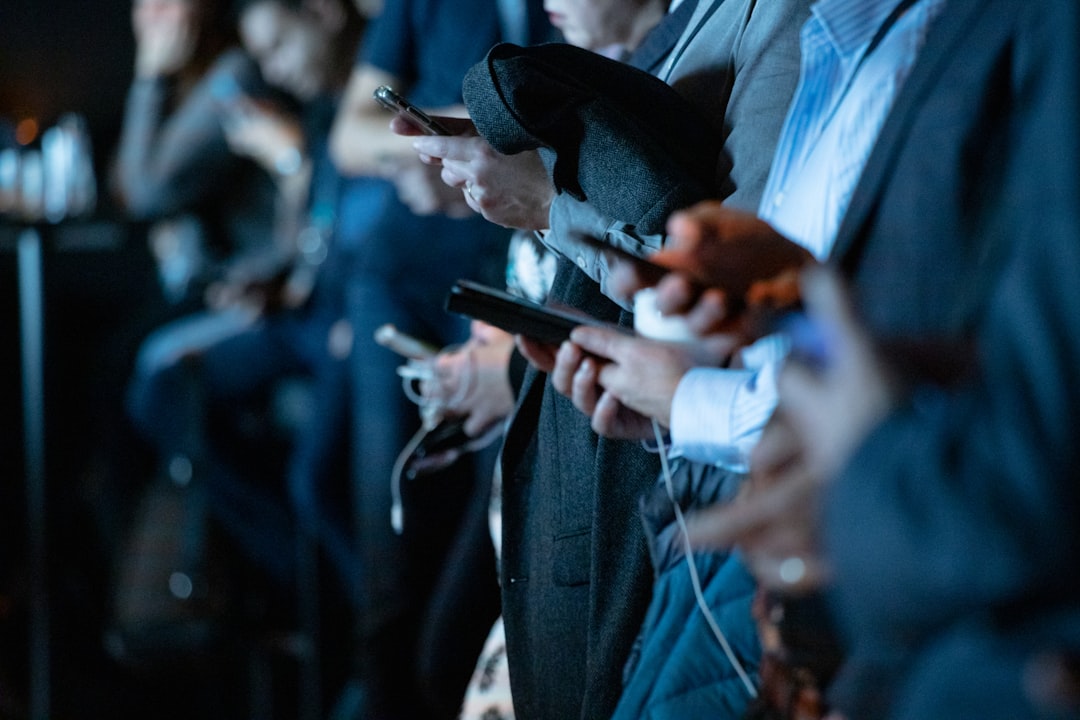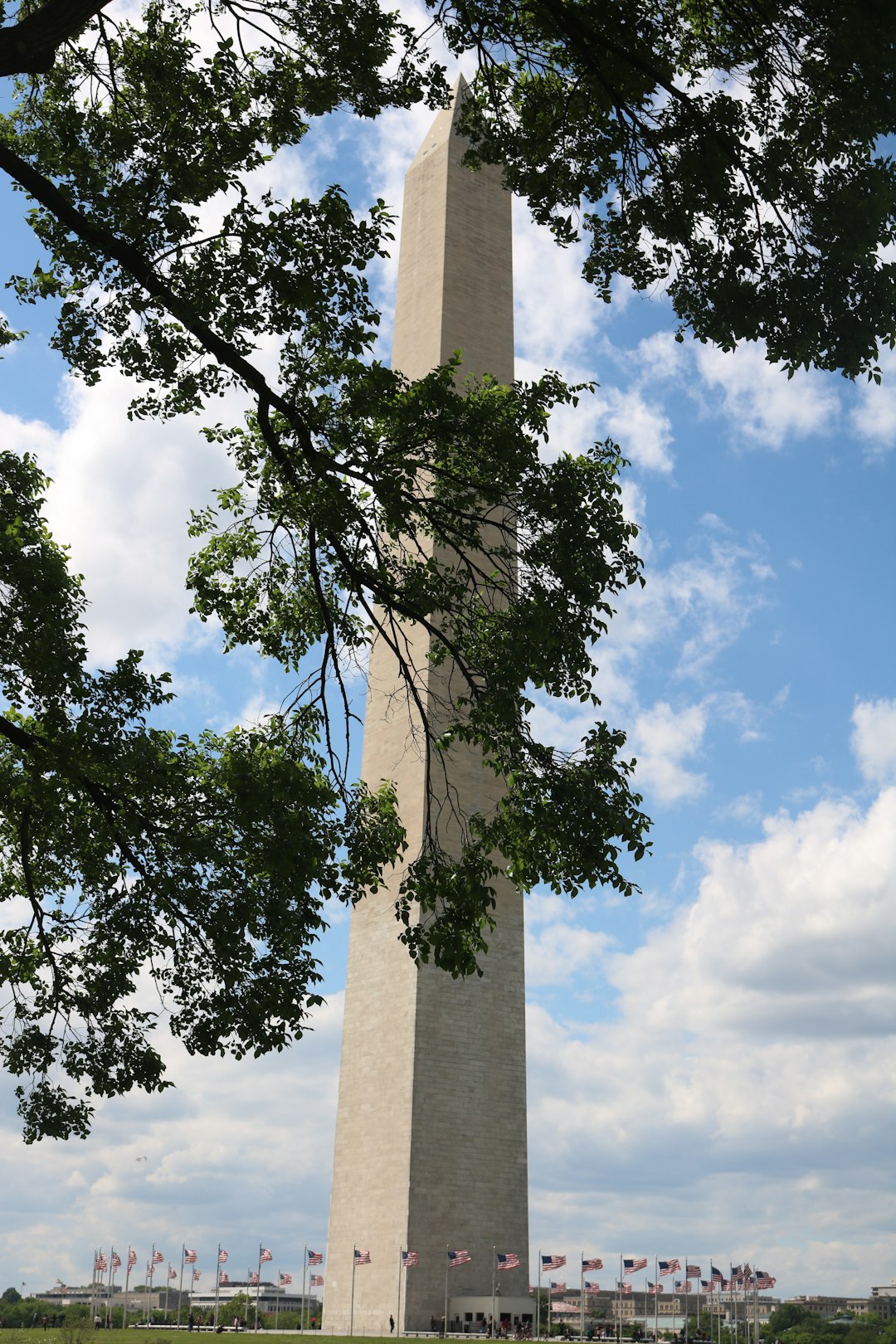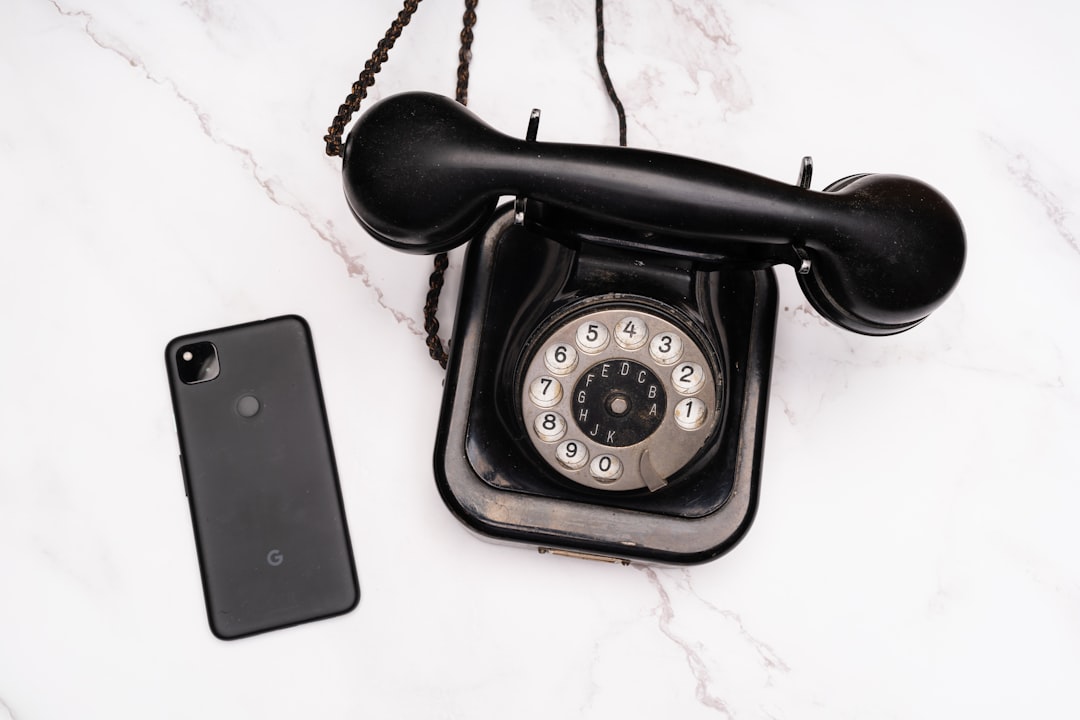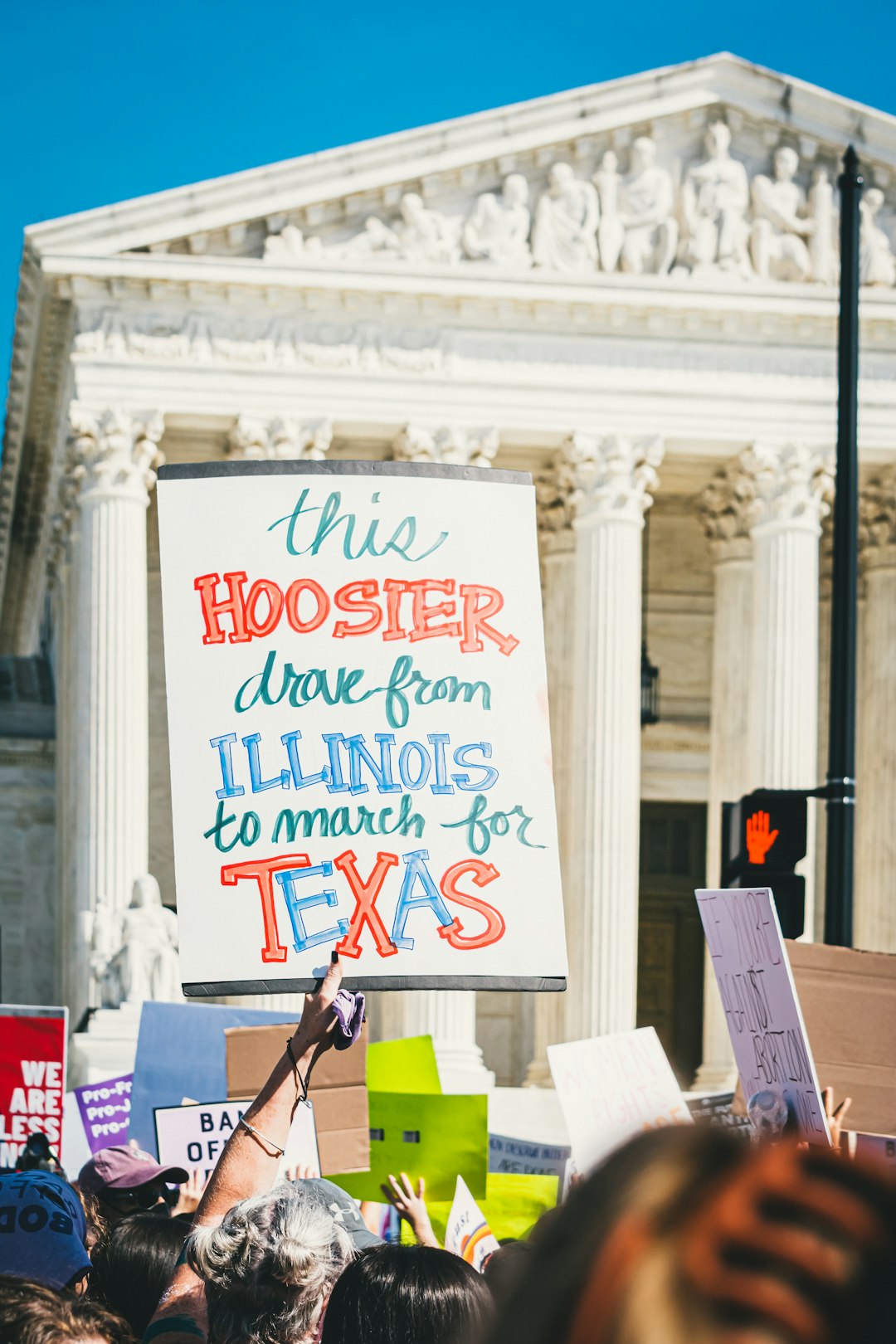In Washington D.C., residents are increasingly using robocall blocking apps to combat political and commercial automated calls. However, these apps create a privacy paradox by collecting sensitive data, making them potential targets for cyberattacks. While they offer relief from unwanted calls, the gathered data can be exploited or lead to identity theft due to inadequate security. Robocall Lawyer DC is crucial in navigating privacy and legality issues related to blocking apps, advising on consent, consumer protection, and TCPA boundaries. Balancing user privacy and legitimate call access is critical; robust regulations are needed to govern data collection, storage, and distribution, ensuring secure handling and clear opt-out options for users.
In the age of relentless robocalls, Washington D.C. residents have turned to blocking apps as a solution. While these applications offer relief from unwanted calls, they raise pressing privacy concerns. This article delves into the surge in robocall blocking app usage in DC, examining the potential trade-off between consumer protection and data security. We explore the legal implications, particularly for consumers seeking legal counsel through Robocall Lawyer DC, and argue for regulatory interventions to ensure transparency and safeguard personal information.
Understanding Robocall Blocking Apps and Their Rise in DC

Robocall blocking apps have become increasingly popular in Washington, D.C., as residents seek to reclaim control over their phone lines from relentless political and commercial calls. These apps offer a seemingly simple solution: automatically detect and block unwanted automated phone calls at the source. With just a few taps on a smartphone screen, users can prevent robocalls from reaching them, providing a sense of security and peace of mind.
The rise in popularity of these blocking apps reflects a growing frustration with the sheer volume of robocalls flooding American phone lines, especially in highly political areas like DC. Many residents, particularly those who are not politically active, find themselves on endless call lists due to their location or demographic data. This has led to a demand for solutions that go beyond traditional call-screening methods, prompting the development and adoption of cutting-edge blocking apps by concerned citizens looking for answers from robocall lawyers DC.
The Privacy Paradox: How Blocking Apps May Compromise Data Security

With the rise of robocalls and privacy concerns, many Washington D.C. residents turn to blocking apps as a solution. However, this approach presents a privacy paradox. While these apps aim to protect users from unwanted calls, they also collect and analyze vast amounts of data themselves. This data includes phone numbers, call patterns, and user preferences, making app developers potential targets for cyberattacks or data breaches. Furthermore, the more data these apps gather, the more valuable they become to third parties who may exploit it for targeted advertising or other commercial purposes.
Robocall Lawyer DC clients often ask about the security of their information within these apps. It’s crucial to understand that blocking app developers do not always have robust data security measures in place. As a result, user data could be vulnerable to unauthorized access, leading to identity theft or fraud. Therefore, while using blocking apps might offer some privacy relief from robocalls, it introduces new risks related to data security and privacy.
Legal Implications: Exploring the Role of Robocall Lawyer DC
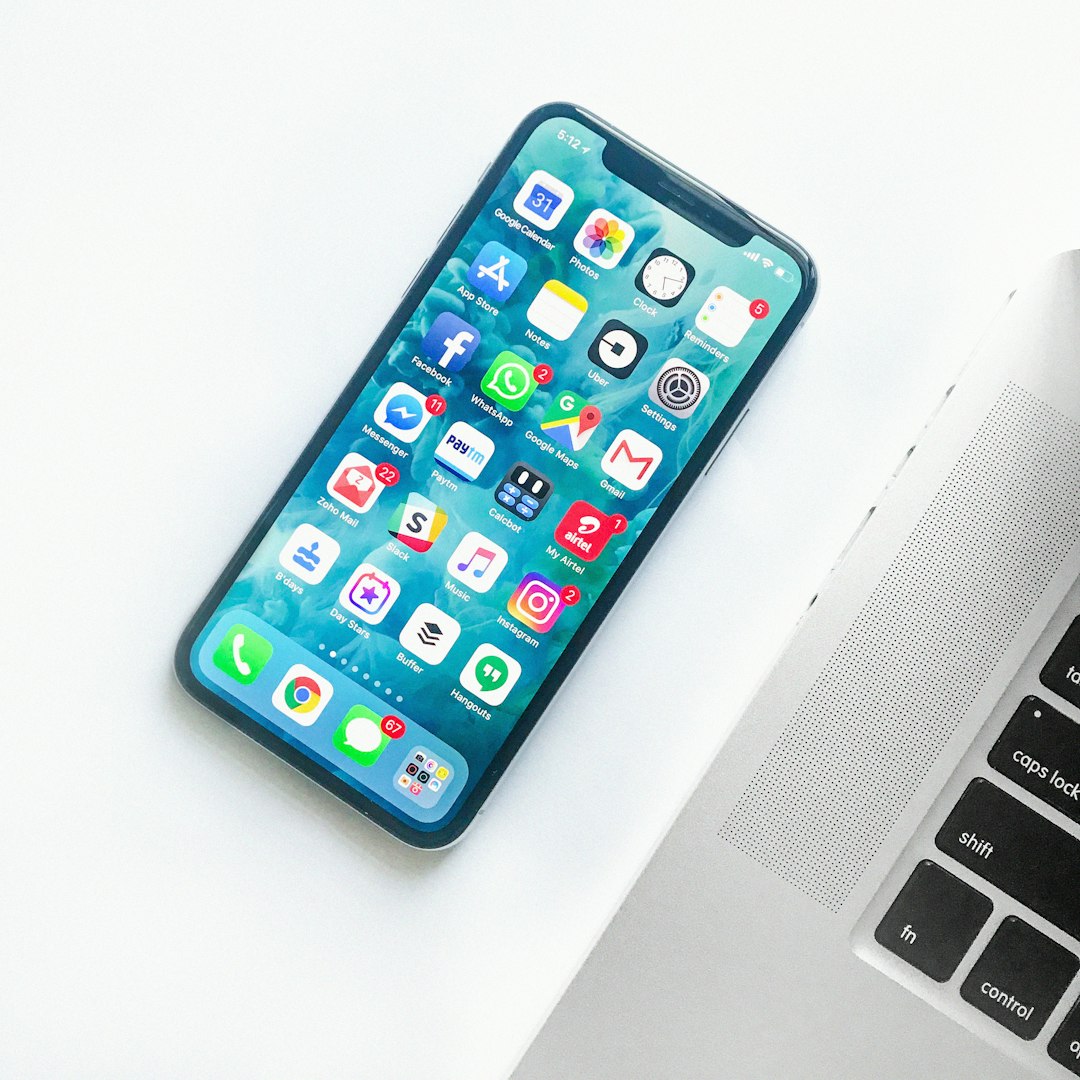
The rise of robocall blocking apps has sparked a debate regarding privacy and legal implications, especially with the increasing prevalence of unwanted calls in Washington D.C. One critical aspect to consider is the role of a Robocall Lawyer DC. As consumers take to various applications to block automated phone calls, it raises questions about consent, consumer protection, and the boundaries of legal communication.
In the United States, the Telephone Consumer Protection Act (TCPA) sets guidelines for telemarketing practices and gives consumers certain rights regarding unwanted calls. A Robocall Lawyer DC would be well-versed in such laws and could advise on instances where blocking apps might infringe upon these regulations. The legal implications extend to businesses as well, as they must navigate the fine line between marketing efforts and invading privacy, ensuring compliance with TCPA rules to avoid potential lawsuits.
Ensuring Transparency and Consumer Protection: A Call for Regulation
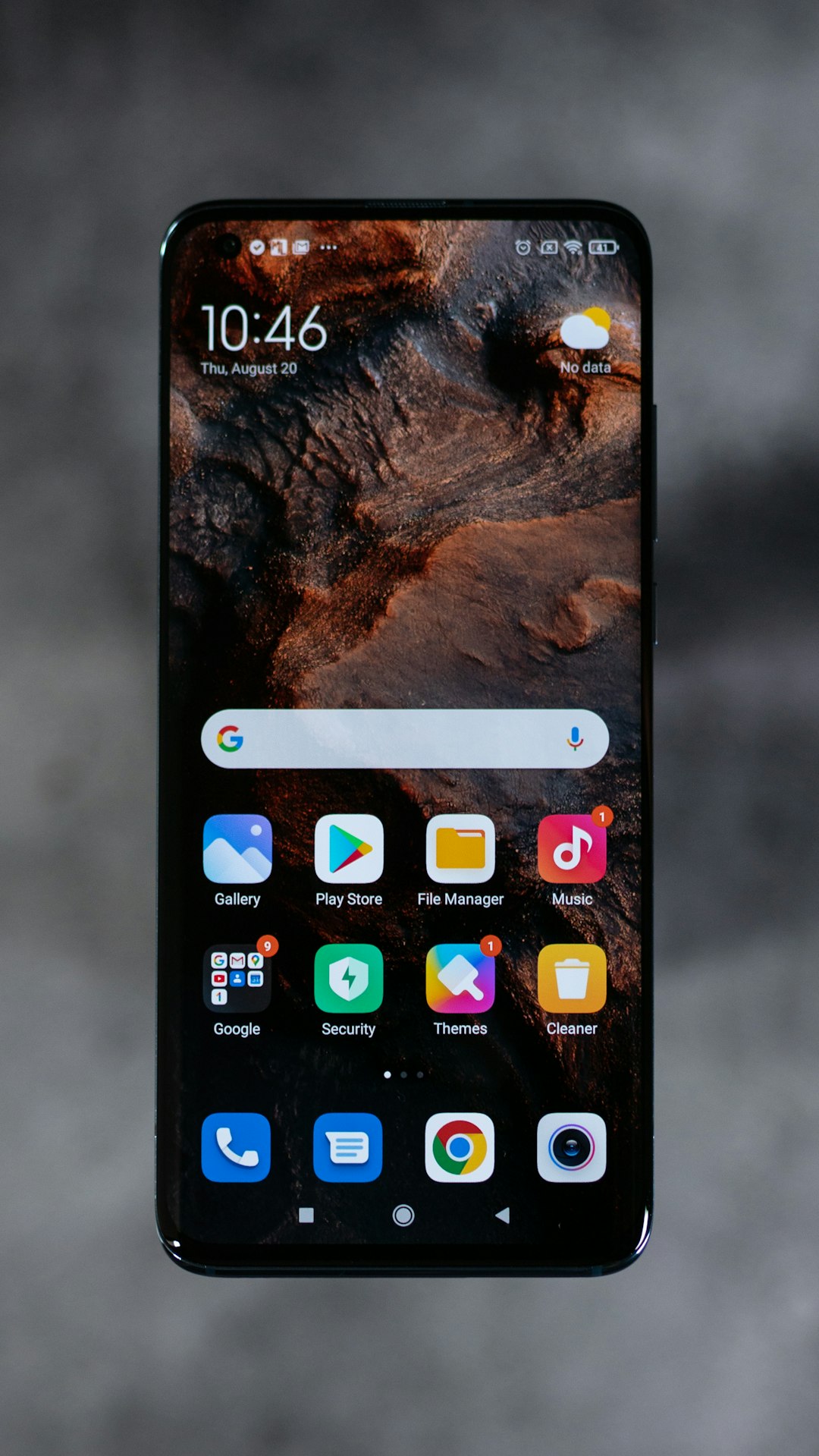
As robocall blocking apps gain popularity in Washington DC, ensuring transparency and consumer protection becomes increasingly vital. While these apps aim to safeguard users from unwanted calls, the lack of regulation can lead to privacy concerns. Without clear guidelines, consumers might unknowingly block legitimate calls from important entities like banks, healthcare providers, or even legal firms, such as a Robocall Lawyer DC, that could have crucial information for their protection.
Regulation is necessary to establish standards for how these apps collect, store, and distribute call data. It should include provisions for user consent, clear opt-out mechanisms, and secure data handling practices. By implementing robust regulations, consumers can trust that their privacy is protected while enjoying the benefits of robocall blocking technology. This balance ensures a fair and safe environment for both users and legitimate call providers, including legal professionals who rely on phone communication to serve their clients effectively.



